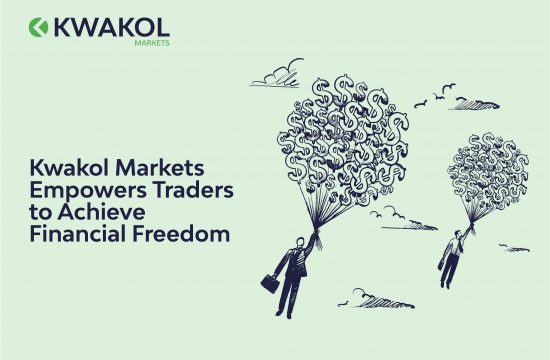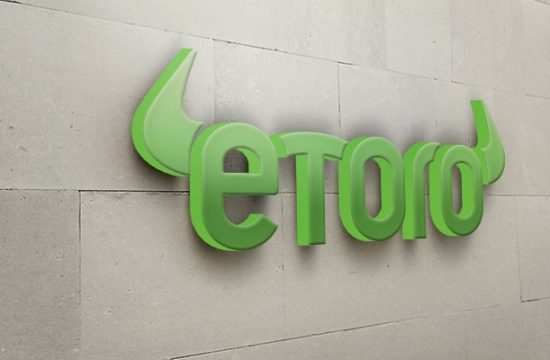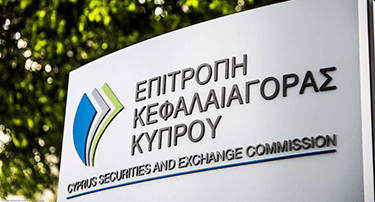The Commissione Nazionale per le Società e la Borsa (CONSOB) has shut down ten new websites in an ongoing clampdown against firms it accuses of illegally promoting investment products in the country.
The Italian securities market regulator has been on a rampant crackdown to protect retail investors by making illegal financial services inaccessible. Additionally, this includes product offers by firms holding licenses in other jurisdictions. The strict actions on these unauthorized actors in the market come as offshore brokers continue to chase online trading business in Italy.
In its latest crackdown, the Consob has contacted Italy’s internet service providers, requesting them to block access to the following domains:
Dzikanta Limited (website https://euromts.uk);
– Felicity Group Ltd (website https://unionstock.cc);
– GS4trade Invest Limited (website https://gs4trade.com);
– “Capitrades” (website https://capitrades.com and related page https://secure.capitrades.com);
– FUNDIZA Ltd (website www.fundiza.com);
– Plus CFD Ltd (website https://pluscfd.co and related page https://accounts.pluscfd.co);
– “Medica Trade” (website https://medicatrade.cc and related page https://client.medicatrade.cc);
– Nata Trade Limited (website www.nata-trade.com and page https://webtrader.preminvtradplatform.com);
– Eu Investments Limited e James Long (Masons) Limited (website https://eu-investings.com and related page https://client.eu-investings.com);
– “DevTech Holding” (website www.capital-swiss.com and related page https://clientarea.capital-swiss.com).
The number of sites blacked out since July 2019, when Consob got the power to ban the websites of financial intermediaries it deems unregulated, has risen to 505.
Consob Availed Itself of the New Powers
Consob has refined its process for identifying non-compliant companies, becoming the only EU regulator with the approach to blocking the websites of scams and unauthorized providers.
Recently, the regulator went after a handful of CySEC-licensed brokers and ordered them to cease operations in the country. Moreover, the decisions prevented Cypriot intermediaries from soliciting customers or continuing its current relations with Italian clients.
At the time, Consob clarified that it made its decision under the article 7-quarter, paragraph 4 of the Consolidated Law on Finance (TUF), as well as article 86 of Mifid2. This legislation allows CONSOB to order investment firms and brokers operating in the country from another EU member state, through the EU passporting regime, to cease their operations after informing the competent authority of the member state.
The Italian regulator found new tools to address illegal operators in the market when the ‘Growth Decree’ extended its powers far beyond. Thanks to the decree, CONSOB can order Italian internet service providers (ISPs) to block websites in the region. Due to technical reasons, it can take several days for the black-out to come into effect when these websites shut for a temporary period.










